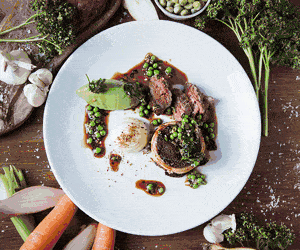This artist talk with Lilly Baniwa and Denilson Baniwa, will be facilitated by one of the curators of the exhibition, Jamille Pinheiro Dias. It will be streamed live from COP30 in Belém, Brazil.
The event is free to attend.
Denilson Baniwa is an artist born in Dari village, Barcelos, in the state of Amazonas, Brazil. Blending ancestral and contemporary elements in his art to highlight Indigenous struggles and challenge colonial narratives, Baniwa works across various media, manipulating images to uncover marginalised Indigenous histories. His work, exhibited internationally, critiques colonialism while reflecting contemporary Indigenous experiences. Notable exhibitions include the Getty Foundation, the 22nd Biennale of Sydney, the Princeton University Art Museum and Centro Cultural São Paulo.He is currently preparing exhibitions for the Musée du Quai Branly in Paris and the Humboldt Forum in Berlin. He was also one of the curators of the Hãhãwpuá Pavilion, which represented Brazil at the 60th Venice Biennale.
Lilly Baniwa is an Indigenous actress, performer, artist, and researcher from the Upper Rio Negro in the Brazilian Amazon. Her recent performances include Being-Us-Human, We Are Rivers, Confluences, and Before Time Existed. Her audiovisual projects include the short film Ooni and video-performance-manifesto Lithipokoroda.
Jamille Pinheiro Dias is the director of the CLACS and co-director of the Centre for Environmental Humanities Research at the University of London’ School of Advanced Study, where she also works as a lecturer. She holds a PhD in Modern Languages from the University of São Paulo and was a visiting researcher at Stanford University. Her research focuses on environmental issues, Indigenous arts, Amazonian cultural production, and translation in Latin America, focusing on Brazil. Her work has been published in journals, including Environmental Humanities, and the Journal of Latin American Cultural Studies of Manchester. She has also been a translator of authors including Ailton Krenak, bell hooks, Antônio Bispo dos Santos, and Judith Butler.






